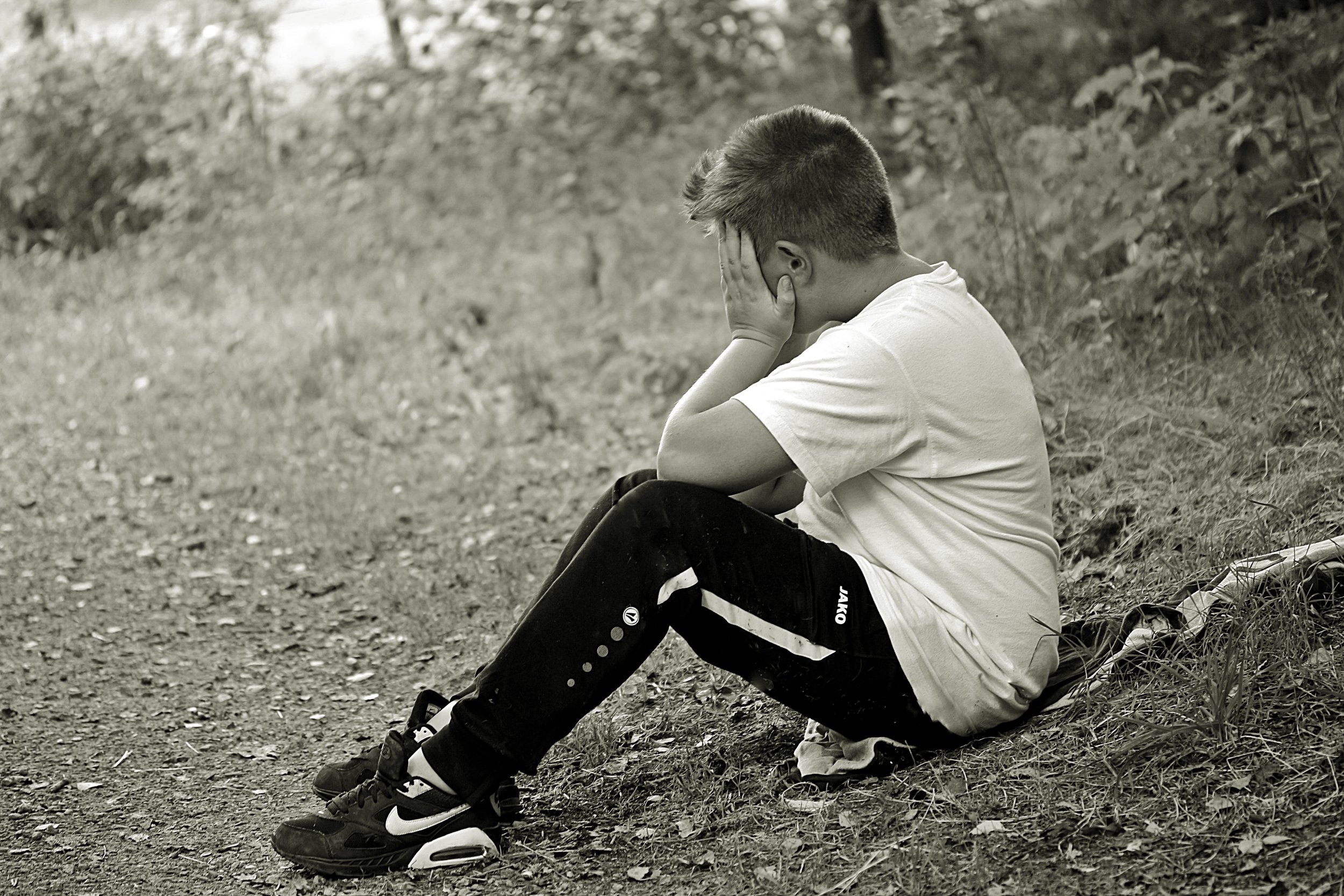In contemporary society, a pivotal inquiry emerges: Could it be that societal constructs of masculinity are due for reevaluation? Under the auspices of Bahá’í teachings, there is a profound emphasis on the importance of emotional health and authenticity, which can juxtapose sharply with traditional tenets of masculinity that dictate emotional stoicism, resilience against vulnerability, and suppression of emotional expression. The phrase “Big Boys Do Cry” serves not only as a provocative title but also as an invitation to question these outdated masculine ideals that often inhibit both individual flourishing and community harmony.
At the heart of Bahá’í principles lies the assertion of the inherent equality and unity of all human beings, regardless of gender. Acknowledging this tenet challenges the prevailing norms that have long embraced a rigid delineation of gender roles. Traditional viewpoints often suggest that males must embody an unemotional demeanor, portraying strength as a barrier against vulnerability. However, the Bahá’í Faith encourages a holistic approach to human existence, which includes the integration of emotional, intellectual, and spiritual dimensions.
How has this historical context of masculinity shaped our perception of emotional expression? The roots of these ideals can be traced back through centuries, with societal expectations often mandating that men uphold a façade of invulnerability. Emotions such as sorrow or anxiety are frequently dismissed as weaknesses, thereby reinforcing the archetype of the ‘stoic male.’ This antiquated perspective inhibits genuine connections and authentic experiences. By contrast, Bahá’í teachings advocate for the acknowledgment of emotionality as a facet of the human experience that warrants validation and respect.
Furthermore, the Bahá’í worldview posits that the expression of emotions, including sorrow and tenderness, contributes to the establishment of meaningful relationships and overall societal well-being. Emotional intelligence, which encompasses the ability to identify and express one’s feelings, is a pivotal skill for effective communication and conflict resolution. Acknowledging this truth allows for a broader understanding of masculinity, wherein vulnerability is not perceived as a deficiency but as an extension of one’s capacity for empathy and compassion.
What implications does acknowledging vulnerability hold for personal development? Embracing the notion that ‘Big Boys Do Cry’ could be revolutionary, prompting men to engage in a profound introspection regarding their emotional landscape. Within a Bahá’í framework, this introspection fosters self-awareness and promotes individual responsibility in managing one’s emotions and experiences. Men come to realize that confronting their vulnerabilities can serve as a catalyst for growth, allowing them to transcend the superficial confines of traditional masculinity.
Moreover, rendering emotional expression acceptable within the male sphere cultivates deeper interpersonal connections. Relationships strengthened by mutual empathy can lead to enhanced communication and understanding. This is emblematic of the Bahá’í principle of unity, which rests on the premise that solidarity emerges through genuine recognition of each individual’s experiences and emotions. Undoubtedly, this reformation of ideal masculinity is not merely beneficial for men but extends to society, inspiring healthier familial and communal dynamics.
The juxtaposition of emotion and masculinity raises the question: How do we redefine strength in this evolving narrative? If we approach strength through the lens of emotional fortitude, it encompasses the courage to be authentic and vulnerable. This reconceptualization aligns with the Bahá’í commitment to fostering environments where individuals, irrespective of gender, flourish in emotional discovery. Encouraging men to embrace all facets of their emotional selves becomes essential in dismantling harmful stereotypes that have persisted for generations.
In educational and communal settings, initiatives must be designed to promote emotional literacy and resilience among men. Workshops discussing the significance of emotional expression and the art of vulnerability can inspire participants to share their stories and experiences. By pioneering such dialogues, communities can collectively shift perceptions surrounding masculinity, facilitating a culture that celebrates emotional depth rather than shunning it.
Undeniably, confronting outdated masculine ideals requires collective effort and an unwavering commitment to nurturing an environment of acceptance and empathy. It beckons a generational change—one that reverberates through family units, educational institutions, and workplaces. The challenge is formidable yet foundational. The Bahá’í perspective serves as an illuminating guide in this evolution, enhancing our comprehension of shared humanity. The encouragement to express one’s emotions and embrace vulnerability yields multifaceted benefits not only for individual practitioners but for society at large.
In conclusion, “Big Boys Do Cry” invites a critical examination of the paradigms that have governed male emotional expression. Adopting this ethos nurtures the embodiment of Bahá’í teachings centered on unity, equality, and emotional authenticity. It posits a world where emotional engagement among men is not only accepted but celebrated. As the old tenets of masculinity gradually erode, we inch toward a more compassionate and understanding society—one that values the profound truth that emotional expression is the epitome of strength and resilience.
